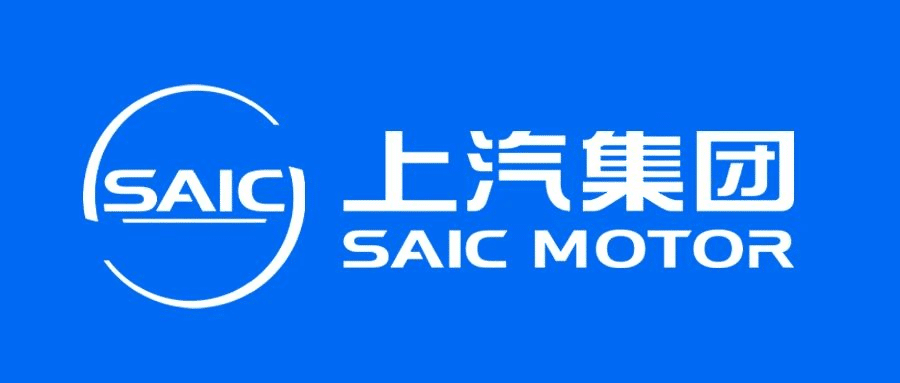SAIC Motor’s chairman makes proposals about carbon neutrality, ICV, supply chain for two sessions
Chen Hong, deputy of the National People's Congress and chairman of SAIC Motor, submitted several proposals for this year's two sessions, which are related to the strategic aim of achieving carbon neutrality, the development of the intelligent-connected vehicle ICV) industry, and the improvement of supply chain.

Photo credit: SAIC Motor
According to a post on SAIC Motor's WeChat account, Chen Hong proposed further improving relevant policy system to support China's carbon reduction target. He said the government should issue special planning for the low-carbon development of the automotive industry, and speed up the formulation and implementation of the carbon emission standards through the entire lifecycle of automobile products.
He also suggested that the authorities should strengthen the industrial chain deployment and the R&D of low-carbon technologies, so as to efficiently integrate and control such upstream raw materials as lithium and cobalt, expedite the applications of clean energy and green manufacturing technologies, and boost the recycling of raw materials.
To spur the consumption of low-carbon products, the government should offer more supportive measures to the use of NEVs, including improving the construction of charging piles and granting preferential policies for electricity charge.
To promote the development of ICVs and autonomous driving technologies, headways should be made in laws and regulations, added Chen Hong. For instance, in the Road and Traffic Safety Law, the legal status of autonomous driving system should be clarified, and the liability distribution standards and disposal mechanism for human drivers and “autonomous driving system” referring to automakers and suppliers, etc.) should be formulated.
Meanwhile, he also proposed stepping up the support for making breakthroughs in key technologies. To form industrial standards and achieve volume application of products and technologies as soon as possible, the government should encourage companies to independently grasp the R&D capabilities of such key software and hardware as operating system and drive-by-wire chassis.
On the side of the supply chain, Chen Hong suggested that uniform technical norms and standards about automotive-grade chips and third-party testing and verification platforms should be established under policy guidance. Moreover, a government-led special fund should be launched to encourage chip suppliers and automakers to jointly strengthen the R&D, manufacturing and application capabilities of domestically-built chips.

